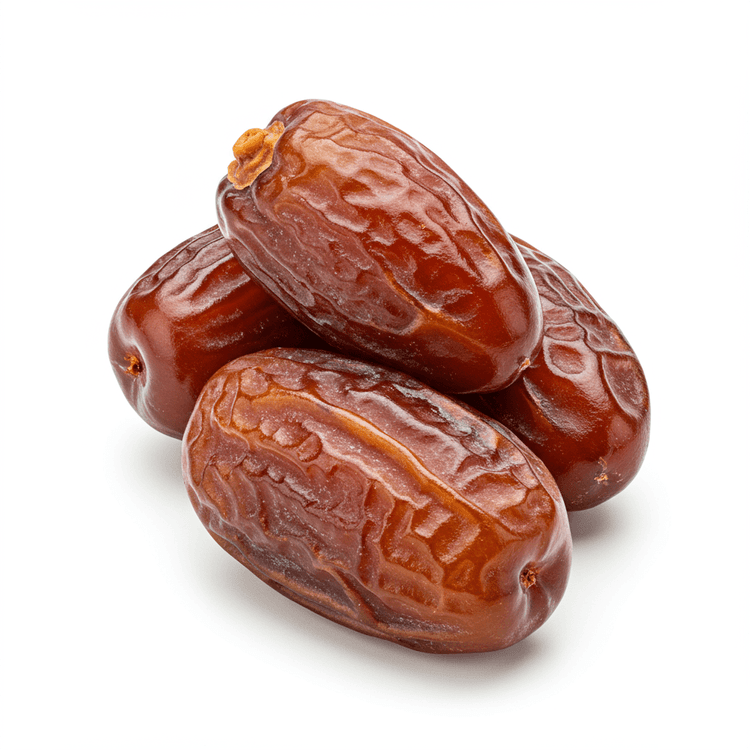
Apricot
Apricots are small, golden-orange fruits with a velvety skin and a sweet-tart flavor profile. They are known for their juicy, tender flesh and a slightly tangy taste that becomes sweeter as they ripen. Apricots are rich in vitamins A and C, fiber, and antioxidants, making them a nutritious addition to both sweet and savory dishes. Their vibrant color and unique flavor make them a popular choice for jams, desserts, and even savory recipes like tagines. Whether fresh, dried, or canned, apricots are a versatile ingredient that adds a burst of natural sweetness to any dish.
Common Uses
- Use fresh apricots in fruit salads or as a topping for yogurt and granola to add a sweet and tangy flavor.
- Bake apricots into pies, tarts, or cobblers for a delicious dessert with a natural sweetness.
- Simmer dried apricots with sugar and spices to create homemade jams or preserves for spreading on toast or pastries.
- Add chopped dried apricots to trail mixes, granola bars, or baked goods like muffins for a chewy, fruity texture.
- Incorporate apricots into savory dishes like Moroccan tagines or stuff them with cheese and nuts for an elegant appetizer.
- Blend apricots into smoothies or puree them into sauces for a naturally sweet and tangy flavor boost.
Nutrition (per serving)
Nutrition (per serving)
Calories
48.0kcal (2.4%)
Protein
1.4g (2.8%)
Carbs
11.1g (4.04%)
Sugars
9.2g (18.4%)
Healthy Fat
0.2g
Unhealthy Fat
0.0g
% Daily Value based on a 2000 calorie diet
Nutrition (per serving)
Calories
48.0kcal (2.4%)
Protein
1.4g (2.8%)
Carbs
11.1g (4.04%)
Sugars
9.2g (18.4%)
Healthy Fat
0.2g
Unhealthy Fat
0.0g
% Daily Value based on a 2000 calorie diet
Health Benefits
- Apricots are rich in vitamins A and C, which support healthy skin and immune function.
- They are a good source of dietary fiber, aiding digestion and promoting gut health.
- Apricots contain antioxidants like beta-carotene, which may help protect cells from damage.
- Their natural sweetness makes them a versatile ingredient in desserts, smoothies, and salads.
- Dried apricots are a convenient snack and provide concentrated nutrients for on-the-go energy.
- Apricots are low in calories, making them a great addition to weight-conscious diets.
Substitutes
Chefadora AI is here.
Experience smarter, stress-free cooking.
Storage Tips
Fresh apricots should be stored at room temperature until they ripen. Once ripe, transfer them to the refrigerator to extend their shelf life, typically up to 5 days. For longer storage, apricots can be frozen or dried. Ensure dried apricots are kept in an airtight container in a cool, dark place to maintain their flavor and texture.
Marnirni-apinthi Building, Lot Fourteen,
North Terrace, Adelaide, South Australia, 5000
Australia

